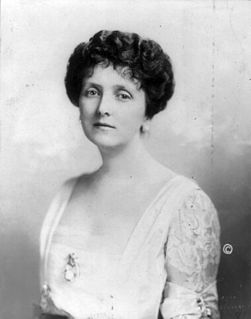A Quote by Confucius
A true gentleman makes demands upon himself but not upon others.
Related Quotes
The Law requires much, but offers no help in the carrying out of its requirements. The Lord Jesus requires just as much, yea even more (Matt. 5:21-48), but what he requires from us he himself carries out in us. The law makes demands and leaves us helpless to fulfill them; Christ makes demands, but he himself fulfills in us the very demands he makes.
The gentleman does not needlessly and unnecessarily remind an offender of a wrong he may have committed against him. He cannot only forgive, he can forget; and he strives for that nobleness of self and mildness of character which impart sufficient strength to let the past be but the past. A true man of honor feels humbled himself when he cannot help humbling others.







































